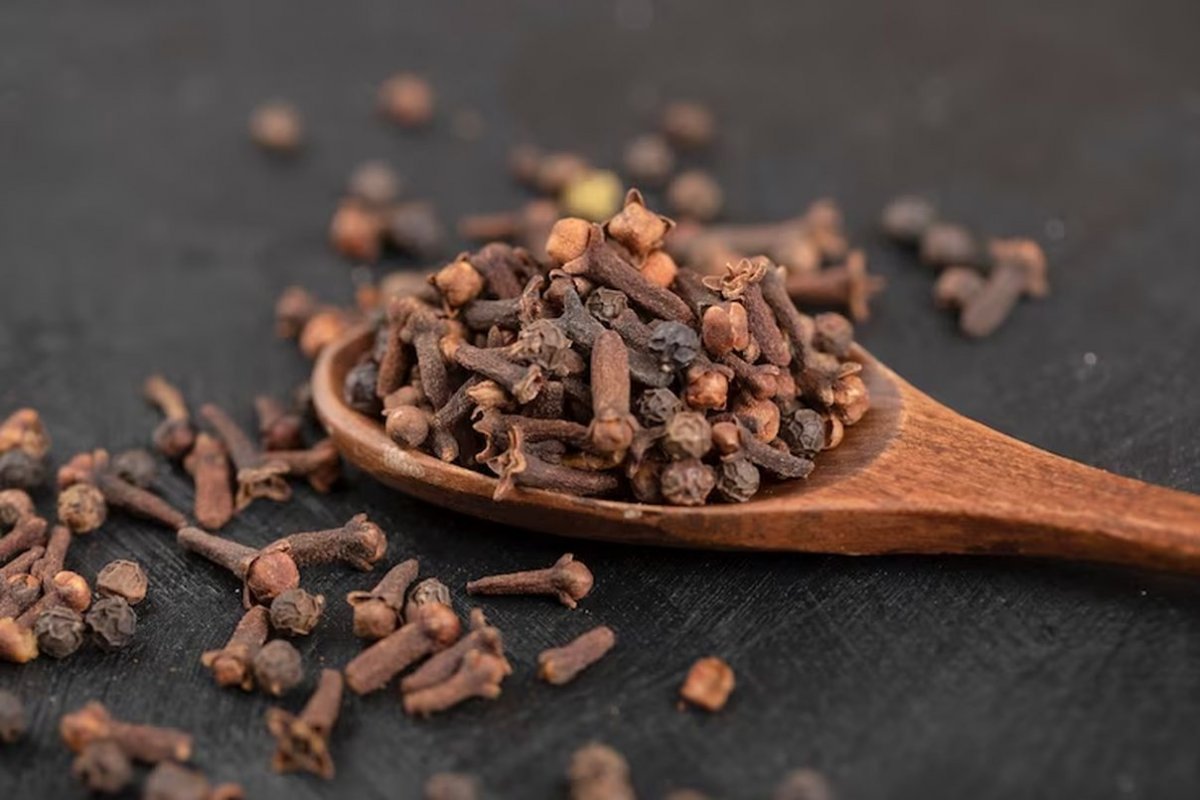
Gastroenterologist Dilyara Lebedeva listed spices, the use of which can cause health problems.
Spices not only add taste and aroma to dishes, but and may have positive effects on health. They contain biologically active substances that may have antioxidant, anti-inflammatory and antimicrobial properties.
For example, turmeric, which contains curcumin, is a powerful antioxidant. It helps reduce the risk of developing cardiovascular diseases, type 2 diabetes and cancer.
Cinnamon helps lower blood sugar and improve insulin sensitivity. Ginger can help reduce inflammation, improve digestion and reduce nausea.
It is important to remember that spices are not a panacea and cannot replace a balanced diet and a healthy lifestyle. In addition, some spices can cause allergic reactions.
Lebedeva, speaking about “problematic” spices, named the following:
Rosemary. It has a bad effect on the kidneys and is contraindicated for pregnant women. Firstly, because of the diuretic effect, and secondly, because it increases uterine contractions. Harmful for those suffering from high blood pressure and stomach ulcers.
Red pepper. Prohibited for gastrointestinal diseases, increases blood pressure. Accelerates the production of the hunger hormone ghrelin.
Cloves.
—Forbidden for people with a sick stomach, especially with an ulcer, as it increases these problems. Also, a large amount of cloves causes drowsiness and apathy, the doctor noted in her blog.
Note that chili peppers contain the substance capsaicin, which is responsible for its pungency. Eating spicy foods can irritate the mucous membranes of the stomach and intestines, as well as aggravate the symptoms of gastritis and peptic ulcers.
Excessive consumption of cinnamon can cause liver problems, as it contains a substance called coumarin, which can be toxic in large doses for the body.
Coriander, cardamom, and cloves can cause allergies, which may include skin rashes, itching, or even anapilaxis reactions.
Some spices may interact with certain medications, which may result in unwanted side effects or reduced effectiveness of the drug.
Read also: Gastroenterologist Pomoinetskaya: how to replace coffee during exacerbations of the gastrointestinal tract
More on the topic: Important for hypertensive patients: what is persistently high blood pressure
You can read: Endocrinologist Kvasova: good sleep affects weight and is important for the central nervous system
Important! Information is provided for reference purposes. Ask a specialist about contraindications and side effects and under no circumstances self-medicate. At the first signs of illness, consult a doctor.
 Dilyara Lebedeva Medicine gastroenterologist
Dilyara Lebedeva Medicine gastroenterologist
